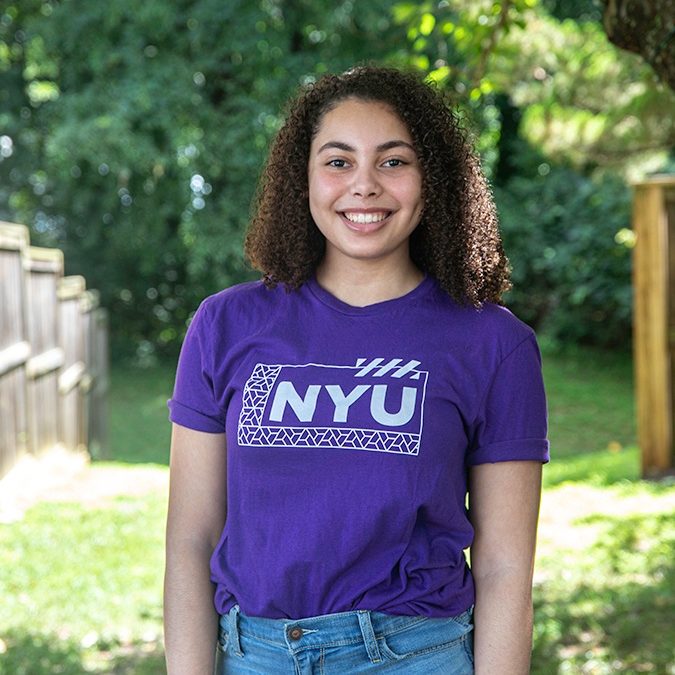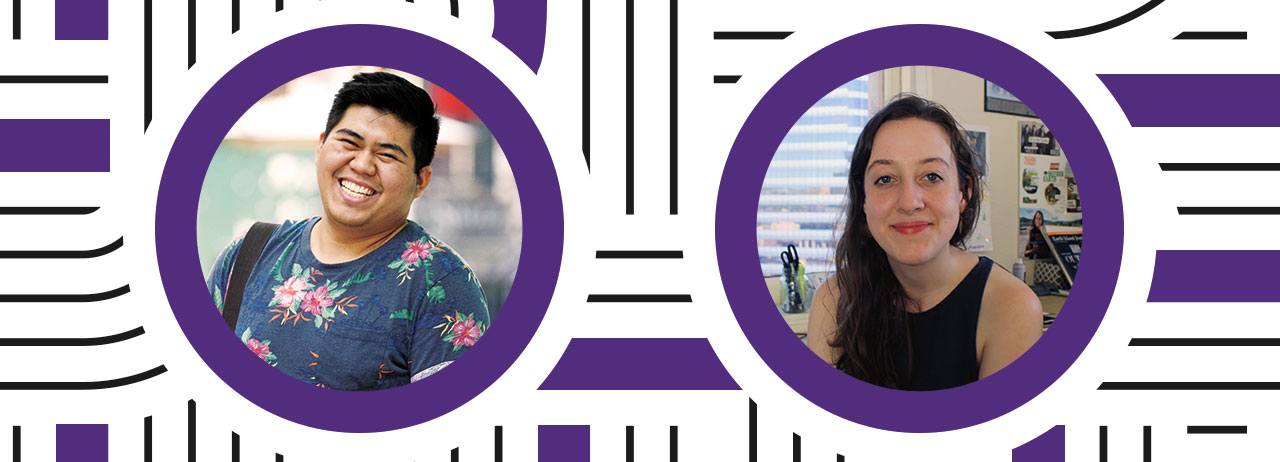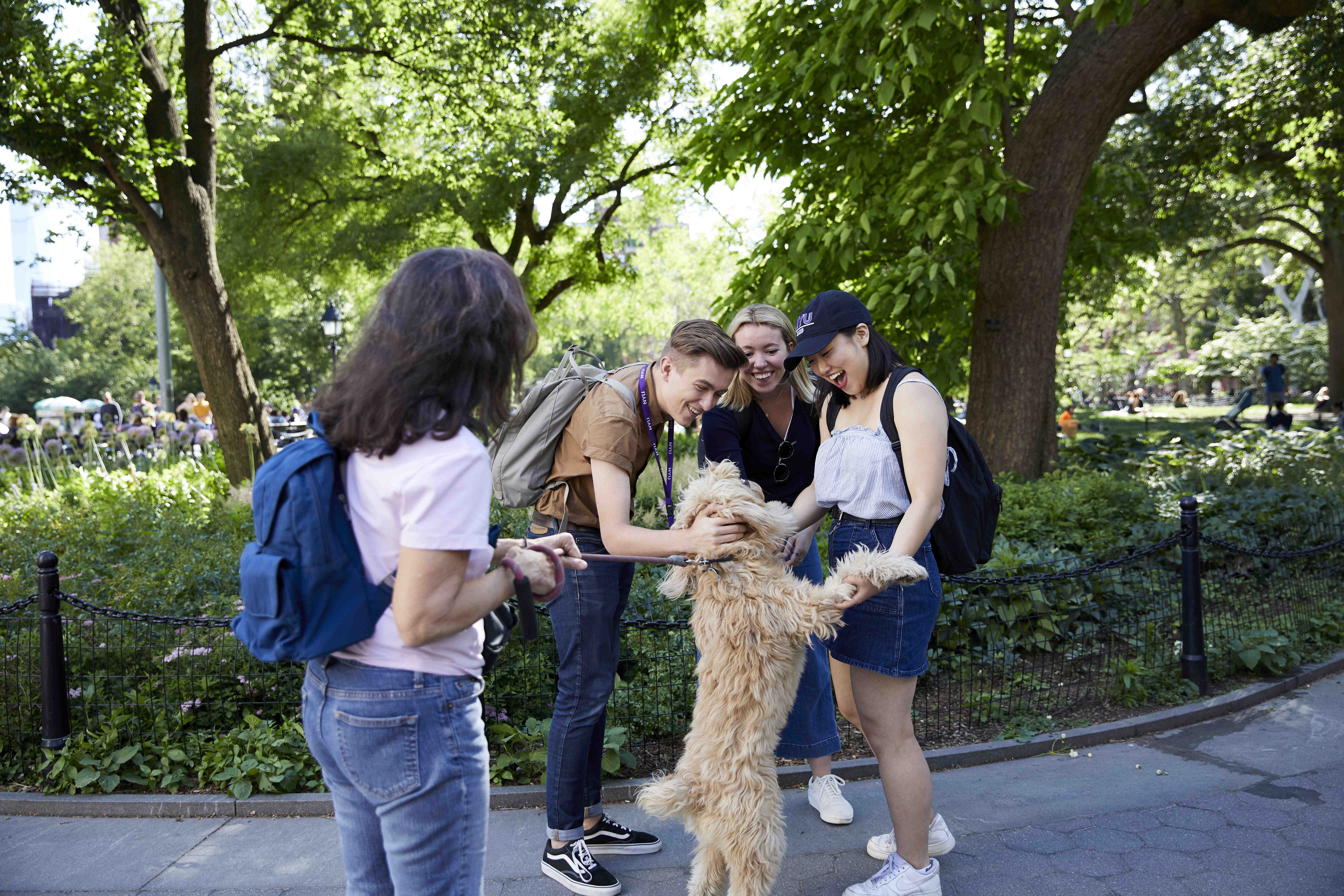When applying to Gallatin, NYU’s school of individualized study, I felt like I knew everything and nothing about the program. Creating a personalized major tailored directly to my liking seemed rather enticing. Yet I didn’t know how I’d make it happen or where I should even begin. Having studied here for two years, I can honestly say that applying to Gallatin was the right choice. Knowing what I do now, I wouldn’t have chosen any other program. Still, at that moment, I often worried about going to school for something that didn’t even exist. In case you’re stressed or confused about applying to Gallatin, here are some things I wish I knew then.

There's No Stereotypical Gallatin Student
Gallatin students come from a range of backgrounds, learning styles, and passions. Each of us takes our own unique approach when creating a major, and no two majors are exactly the same. We are a diverse group, and there isn’t one specific type of Gallatin student. But how do you know if you are a good fit? When applying to Gallatin, I wish I knew that students who thrive often fall in two categories: pointy or round.
Pointy Students
A pointy student is one that has a primary interest that dominates their life. It is their main passion in life, and everything revolves around it. Maybe you love birds and spend time in bird watching clubs or interning with aviary specialists at the local veterinarian office. Regardless of the passion, applying to Gallatin would be a perfect fit. It allows you to study your passion from every angle and understand how it fits in a broader global context. You could look at how birds impact infectious disease spread while learning about the bird’s symbolic history in ancient civilizations.
Round Students
In contrast, rounded students have multiple passions that they devote their time to evenly. Maybe they love fashion but are also equally interested in studying the dynamics of power. They spent their time designing clothes while also participating in mock government. No matter what they are, applying to Gallatin can give you a place to examine the way your passions intersect. You can study how they relate and work towards careers that incorporate both rather than prioritizing one over the other. Maybe you’ll take classes that examine dress politics in the Cold War or study how fashion upholds stereotypes in film.
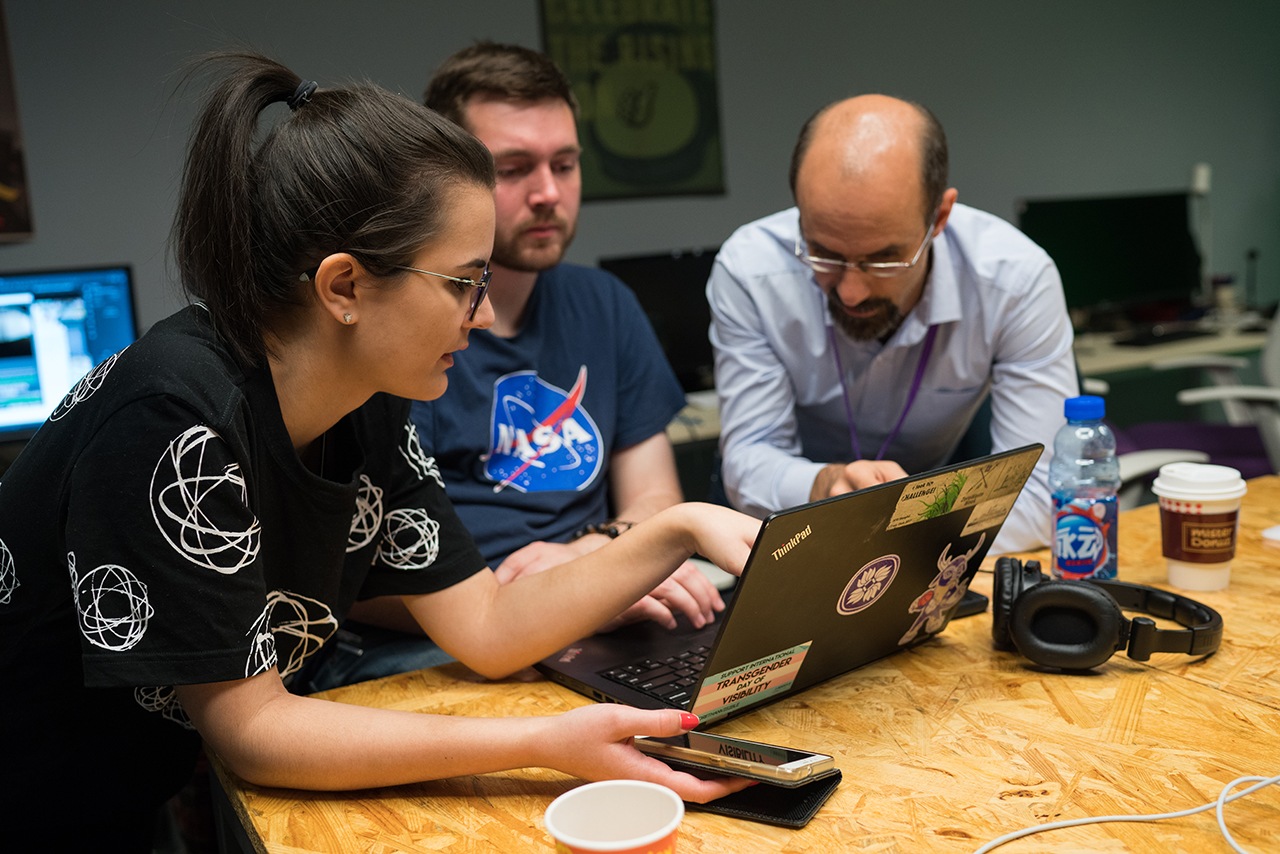
You Won’t Have to Design a Concentration on Your Own
Building a major from scratch can seem daunting, mostly since the possibilities are endless. When applying to Gallatin I often worried about choosing the right path and fulfilling my undergraduate degree requirements alone. However, regardless of what you study or which path you choose to take, there will be someone to help you every step of the way.
First-Year Registration Adviser
Before ever setting foot in an NYU classroom, Gallatin connects you with an adviser. Named the First-Year Registration Adviser, this person’s sole purpose is to help you choose your first semester courses. There are thousands of options to choose from, and it’s easy to get lost in the rabbit hole. However, your Registration Adviser will meet with you the summer before your first semester to discuss options and guide you toward the best fit. They can share potential classes that align with your plans while also answering any questions or concerns you may have.
Primary Academic Adviser
Once at NYU, Gallatin assigns you a Primary Academic Adviser based on shared interests. I came to NYU wanting to study the intersections of photography and social justice. My adviser is a conflict photographer who also focuses on visual media, and I’d say we match perfectly. Your academic adviser checks throughout the year, helps with registration, and serves as a guidance source when needed. They can point you toward exciting classes, unique professors, help with study abroad, and suggest internships and fellowships.
Gallatin Professors
Equally as helpful as an adviser are your professors. Gallatin’s teaching staff comes from a range of disciplines and represents a variety of backgrounds. Each professor offers unique perspectives that get you to think about your major from an angle you’d never even thought of. They are also useful in connecting you to other professors or classes that may suit your interest. The Gallatin professors, and any professors you have, will come to be one of your best college resources. So never be afraid to ask a question or drop in during office hours for some advice.
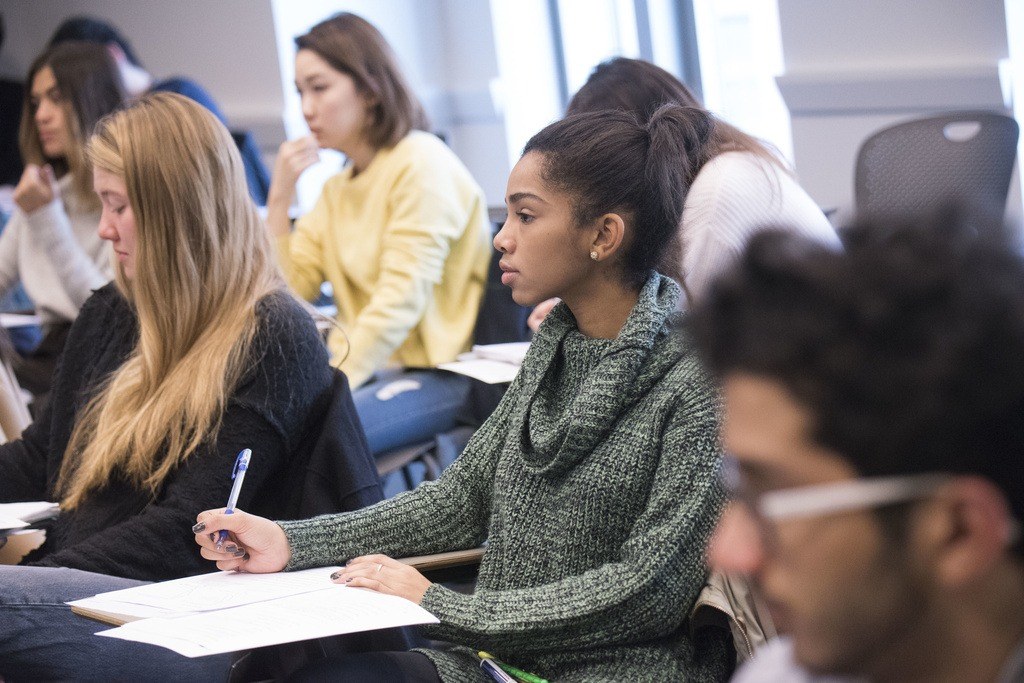
You Still Have Required Core Classes, but They Make Sense
As someone who hates math, it’s thrilling to design my own major and escape doing the thing I dislike. However, to my surprise, applying to Gallatin meant future required classes, but they actually make sense.
These degree requirements are essentially umbrella topics, and each course within that topic focuses on a different subject area. Even though you have requirements, you learn about them through something that interests you and connects to your passions. If trying to fulfill a premodern requirement, for example, you could take courses on Vikings, women and public art, money and markets, poetry, or any number of subjects.
Core requirements also have benefits for you and your major in the long run. The first-year requirements are to facilitate the transition from high school to college. You learn to extend your writing, make stronger connections, and compile scholarly works. Interdisciplinary requirements help you think about the world not as isolated events but as interlocking processes relying on each other for a broader outcome. Meanwhile, the historical and cultural requirements situate your concentration in a broader context. You can understand where ideas started, how they developed, and what they look like beyond Western culture.

Yes, You Really Can Take Classes Everywhere, but Only With Patience
The main draw of applying to Gallatin for many students is the possibility of taking classes at any NYU college. Rather than being restricted to the offerings in your program, you can learn from experts across all fields. In my first year, I took classes in four different NYU colleges and five departments ranging from psychology to photography. However, despite the endless possibilities, there are some restrictions I wish I’d known. With patience, you will often end up exactly where you want to be.
Delayed Registration
During course registration, various departments restrict registration to majors only during the first week. They ensure students who need the course to graduate have a spot before opening it up to others. Although it’s a possibility, these classes rarely fill up, and there are often plenty of spots available for non-majors.
Course Approval
Some departments are a bit harder to take classes in because they require department approval for enrollment. These classes are often skill-based and require a certain level of understanding. Additionally, these classes tend to be smaller seminars, meaning seats can be limited or unavailable for non-majors. Mainly the restrictions are for music business courses in the Steinhardt School of Culture, Education, and Human Development, art classes in the Tisch School of the Arts, and specific business classes in the Stern School of Business.
Despite the restrictions, it’s not impossible to get a seat. After filling out a request form, you wait to hear from the department, which often happens several weeks later. Although frustrating, good things come to those who wait, trust me, I’m living proof. Both times I requested to enroll in a Tisch photography class, they approved it, and I got a seat.

You Don’t Have to Stick to a Plan
Going to college can be stressful, and many students apply to Gallatin with a preset plan for the next four years. But where there’s no proper “next step,” sticking to the program in your head can increase that stress. Gallatin was design to let students explore. You’re encouraged to develop your passions, all while finding new ones. Regardless of the path you take, you’ll always be learning and growing. Don’t fear letting go or trying something new. Most Gallatin students veer away from their initial plan, and things often work out for the better. We have fun and make new connections while learning to think creatively and falling in love with something new.
